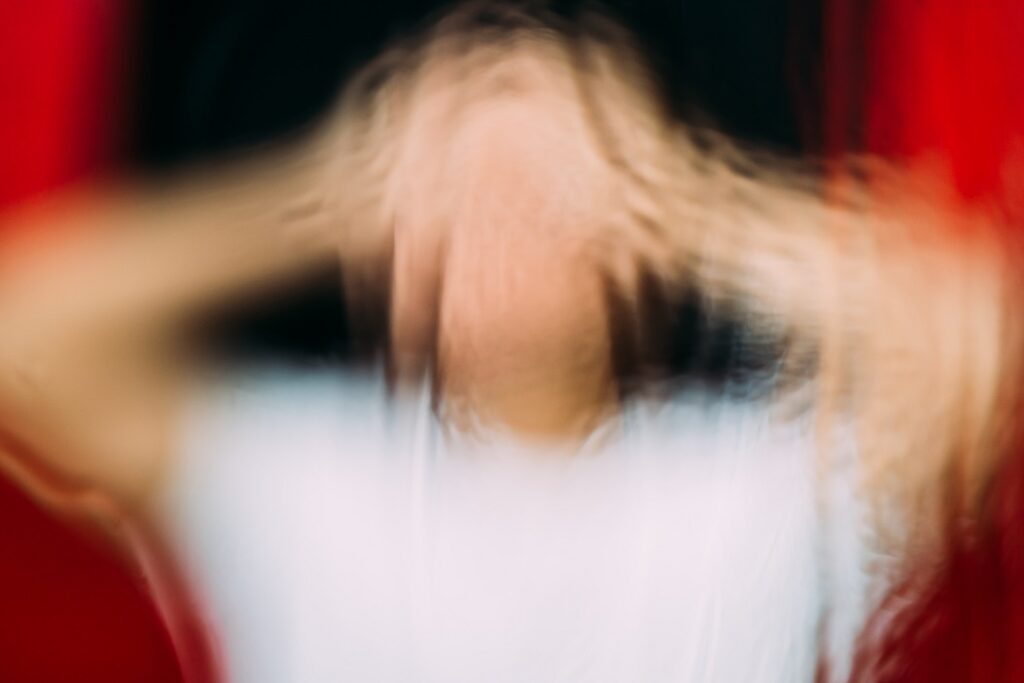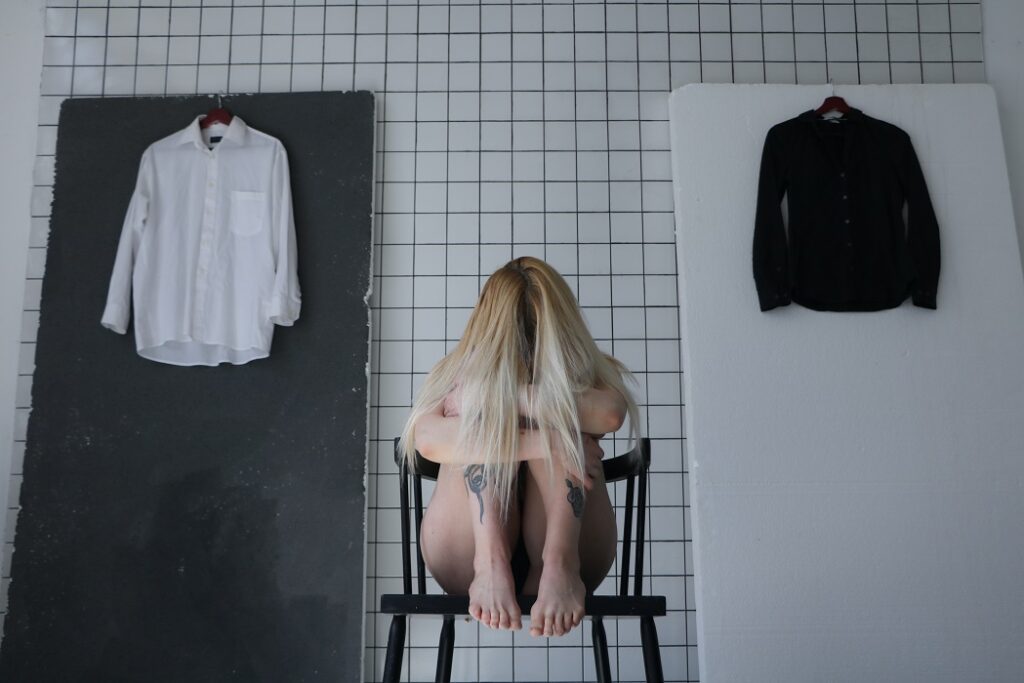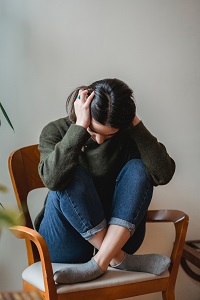- At least one hypomanic episode and one severe depressive episode have occurred, according to the criteria. the one who has never experienced a manic episode.
- Schizoaffective disorder, schizophrenia, schizophreniform disorder, delusional disorder, or other specified or nonspecific schizophrenia spectrum and other psychotic illnesses are not better able to explain the incidence of the hypomanic episode(s) and major depressive episode(s).
- The symptoms of depression or the unpredictable nature brought on by the frequent alternating between episodes of depression and hypomania limit social, occupational, or other critical areas of functioning in a clinically significant way.

The following criteria for a current or past hypomanic episode and the criteria for a current or past major depressive episode must be met for a diagnosis of bipolar 2 disorder.
Hypomanic Episode:
- A distinctive phase that lasts at least four days and is characterized by an excessively elevated, expansive, or irritated mood as well as an abnormally heightened level of activity or energy.
- Three (or more) of the following symptoms—or four if the mood is just irritable have lasted, marked a considerable change from normal behavior, and the fluctuation in mood has been there with increased focused goal-directed activity.
- When the episode is not symptomatic, there is a clear change in functioning that is unusual for the person.
- The mood instability and the change in functioning that is noticeable by others

- The episode is not serious enough to significantly impede social or occupational functioning or make hospitalization necessary. The episode is manic by definition if there are psychotic characteristics.
- The incident cannot be referred to a substance’s physiological effects (such as those of an addictive substance, prescription, or other treatment)
Depressive Episode:
The depressive phase is known as The Lows. In most cases, the depressive episode comes right after the manic episode. The lows include the symptoms of MDD (major depressive disorder) in which having a lack of interest and sadness is the main features. The rest symptoms are the following.

- Feeling of hopelessness.
- Loss of energy.
- Having insomnia or hypersomnia.
- Change in appetite. (Eating a lot or very less)
- Low sexual urges.
- Having suicidal thoughts.
- Excessive crying.
- Talking slowly and amnesia.
- Lack of attention.
